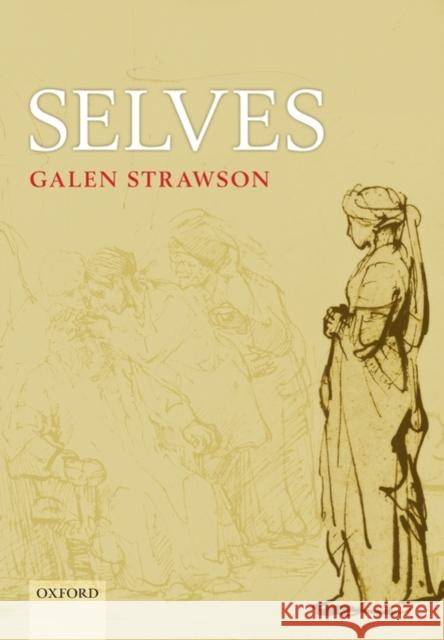Selves: An Essay in Revisionary Metaphysics » książka
Selves: An Essay in Revisionary Metaphysics
ISBN-13: 9780198250067 / Angielski / Twarda / 2009 / 472 str.
What is the self? Does it exist? If it does exist, what is it like? It's not clear that we even know what we're asking about when we ask these large, metaphysical questions. The idea of the self comes very naturally to us, and it seems rather important, but it's also extremely puzzling. As for the word 'self'--it's been taken in so many different ways that it seems that you can mean more or less what you like by it and come up with almost any answer. Galen Strawson proposes to approach the (seeming) problem of the self by starting from the thing that makes it seem there is a problem in the first place: our experience of the self, our experience of having or being a self, a hidden, inner mental presence or locus of consciousness. He argues that we should consider the phenomenology (experience) of the self before we attempt its metaphysics (its existence and nature). And when we have considered what it's like for human beings (assuming we can generalize about ourselves), we need to consider what it might be like for other possible creatures: what's the very least that might count as experience of oneself as a self? This, he proposes, will give us a good idea of what we ought to be looking for when we go on to ask whether there is such a thing-an idea worth following wherever it leads. It leads Strawson to conclude that selves, inner subjects of experience, do indeed exist. But they bear little resemblance to traditional conceptions of the self.











